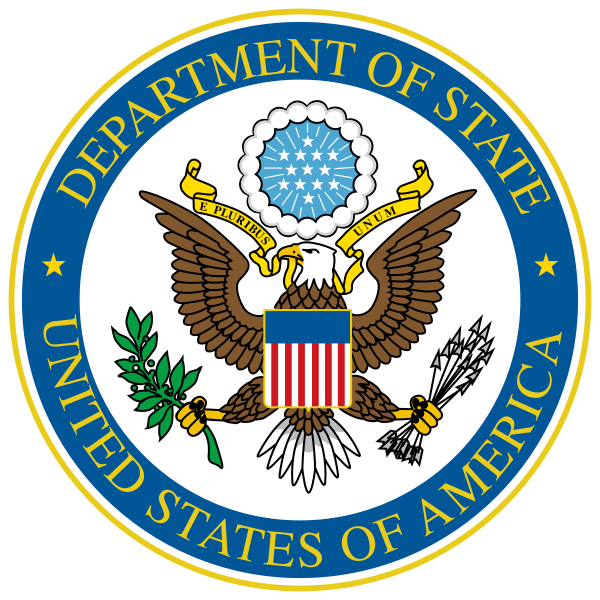Entry Visa & Travel Tips
Entry Visa
It can be obtained from any Cameroon embassy or Consulate in your country of residence. If there is no Embassy of Cameroon in your country of residence, you can obtain an entry visa from Cameroon’s Embassies or Consulates in neighboring countries which covers your country of residence. We will provide you with the police-signed invitation letter to use for your application
However, if there is no Cameroonian diplomatic representation in your country of residence, then you can contact us and we will prepare an entry visa on arrival for you which you will collect at any port of entry to Cameroon. You will need to provide us with your passport details, a copy of your plane ticket and flight plan which we use to apply for your visa on arrival.
Everyone entering Cameroon is expected to present vaccination certificates for yellow fever and other infectious diseases declared by the health authorities. Though medical insurance can be purchase in Cameroon, we strongly recommend that you get an insurance plan that will cover you while you are in Cameroon before arriving.
We also recommend that you get some preventive care for malaria before arriving Cameroon.
Currency issues
The Cameroon currency is the FCFA (1€ = 655 FCFA).
ATMs are numerous, especially in the cities. The most common form of payment is by cash in the local currency, though some high standards hotels and supermarkets may accept payment in Euro, US Dollar or by credit cards.
Credit cards issuers usually charge a fee for oversea payment/cash withdrawal. Please, check with your bank to find out the condition that applies to you.
International money transfer is widely implanted in Cameroon with operators such as Western Union and Money Gram. If you run into some difficulties, you can always have money transferred to you from your home.
Communication
Cameroon has a rich telecommunication network.
There are four mobile phone operators which provide a wide national coverage, and direct international dialing.
The national internet coverage has improve greatly during the last few years and there are two operators offering wireless internet in addition to the mobile phone operators. Mobile phone numbers in Cameroon operate only on GSM phones and it is possible to hire GSM phone upon your arrival on daily, weekly or monthly basis. There are also cheap GSM phones which you can purchase for about € 25.
Climate
Cameroon’s annual average temperature is 30°C (86°F). There are two main seasons in Cameroon; the dry and the rainy seasons. The dry season runs from November to March and the rainy season from April to October.
Generally, Cameroon can be visited throughout the year though access to some specific areas can be difficult in some part of the rainy season.
Photography
Basically you do not need permit to photograph places, buildings, except those which can be considered to be sensitive information and may include: military zones and installations, airports, presidential palaces, security and defense personnel, and images likely to harm the country’s image. It is always advisable to obtain the permit wherever necessary.
Language
Due to its colonialism history (the east part of Cameroon was ruled by France while the West part was ruled by Great-Britain), Cameroon is a bilingual country.
Cameroon is made of 10 regions, 8 of which are french-speaking and their natives are referred to as “francophones”. The remaining 2 regions are english-speaking and their natives are referred to as “anglophones”. However, most Cameroonians speak both languages in addition to their traditional language. Still, Spanish and German are also scarcely spoken as they are taught in some classes in the secondary school and are specializations at the universities.
If you do not speak English or French and need an interpreter, please, do not hesitate to inform us well in advance for appropriate measures to be taken.
Good to know
Cameroon is about 6 hours of flight-time from Paris, Istanbul, Brussels, which offer connecting flights to Douala and Yaoundé.
Note that Cameroon has 4 differents cultural areas:
– the “fan-béti” cultural area including the Regions of Centre, South and East. It is characterized by the rain forest and mostly inhabited by the beti tribe, the “bantou” people and pygmies.
– the “Littoral” cultural area including the Regions of Littoral, South- East and the division of “Ocean”(head quarter, Kribi). It’s characterized by water(the atlantic ocean) and mount Cameroon(for trekking). It’s mostly inhabited by the “sawas people”.
– the “Grassfield” cultural area, including the Regions of West and North-West. It’s characterized by it’s Kingdoms that are important artistic and cultural centers. It’s mostly inhabited by the “Bamileke” people, the “Bamoun” people and the anglophone community.
– the “Soudano-Sahelian” cultural area, including the Regions of Adamaoua, North and Far-North. It’s characterized by the Savannah landscape, and mostly inhabited by “foulbe people”.
Camping Kit in Cameroon
Cam TT supplies the following comfortable portable sleeping arrangements, with extra details and delights to the camp gear and food menus to accentuate your trip with surprises and little extras, into a memorable experience from the small things too.
At a minimum these are the facilities you would enjoy for camping in the bush, in trips where it is programmed or necessary to pitch camp:












